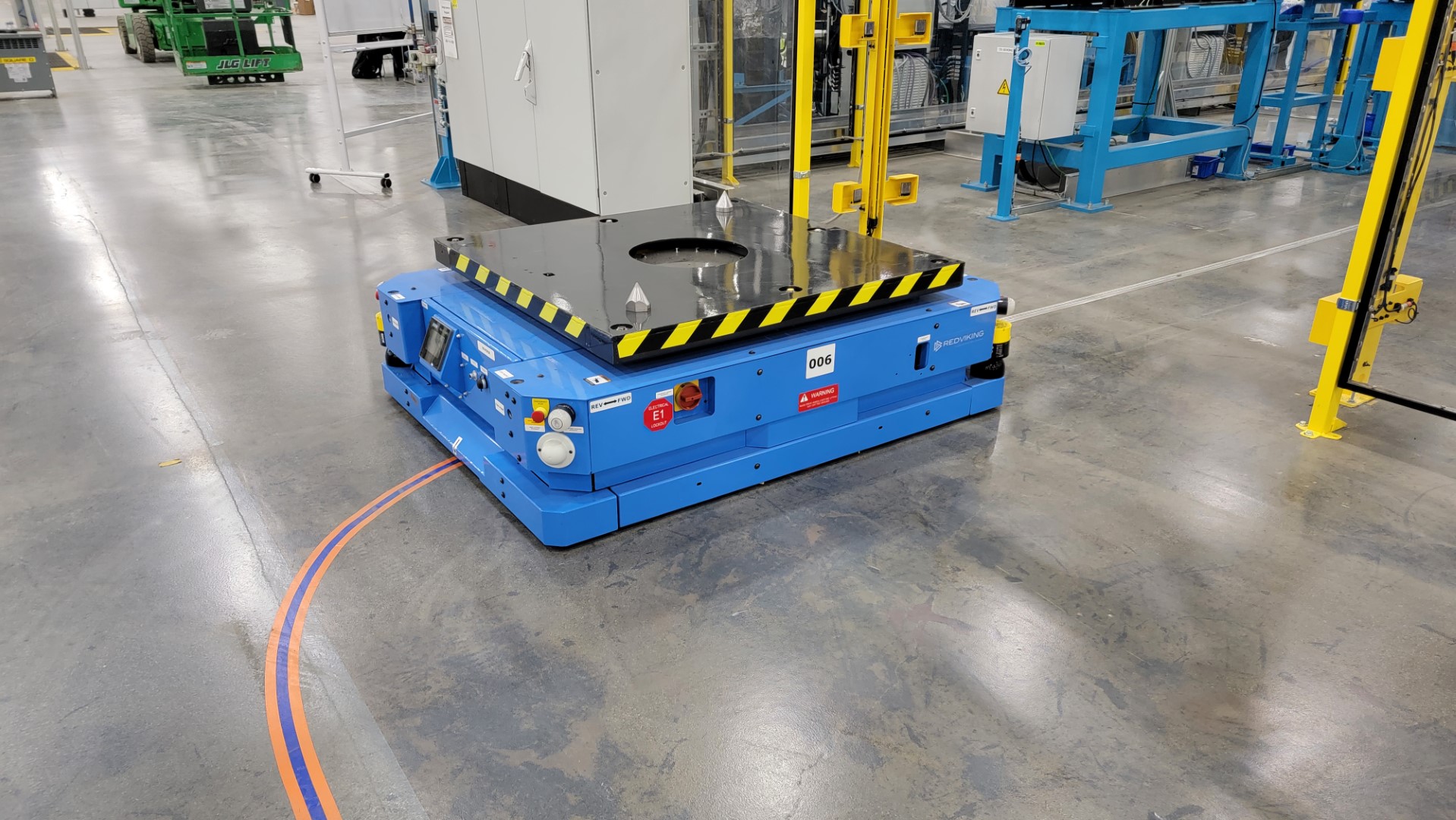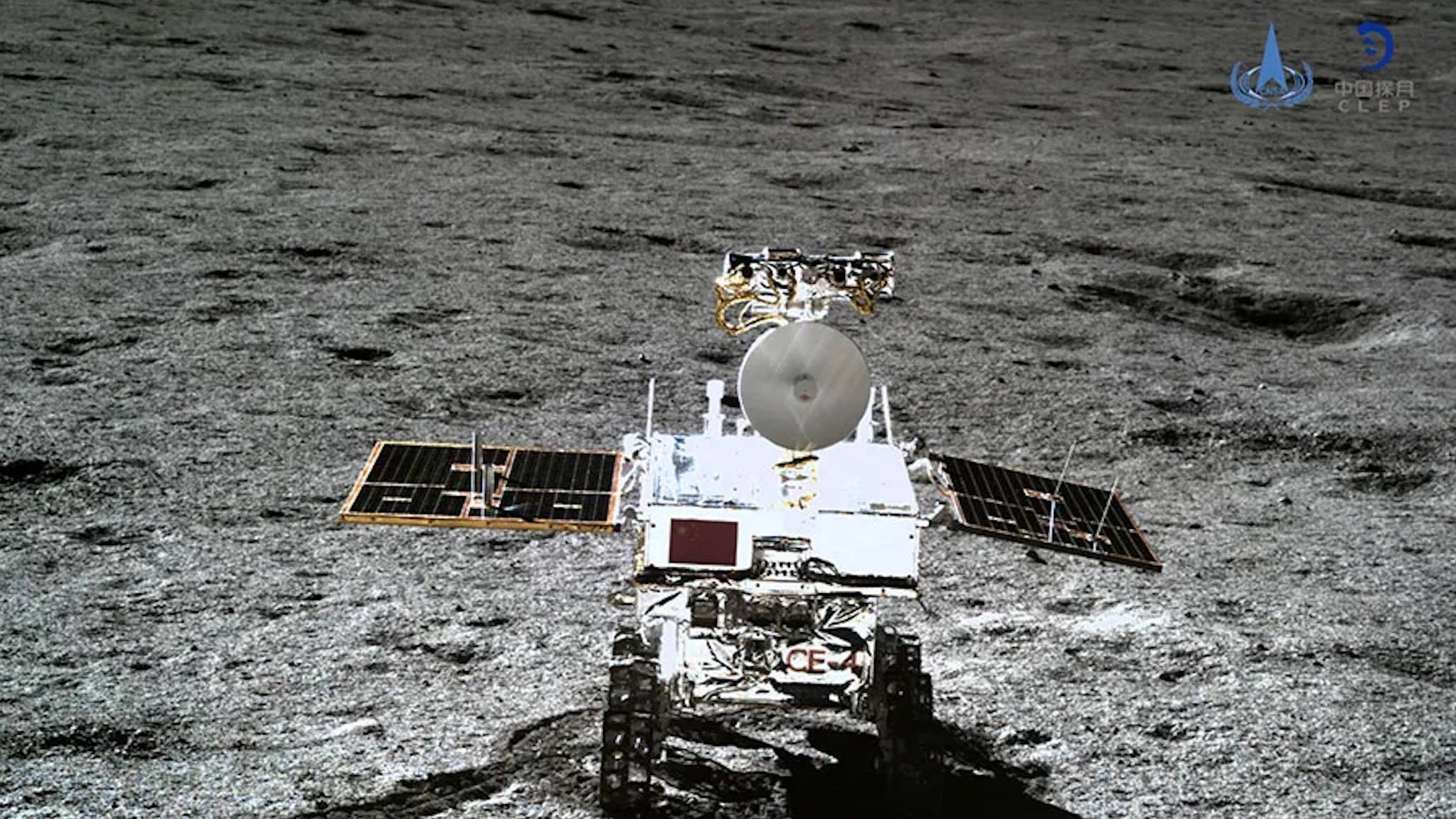April talk video posted: “Safety, Security, Safety[sic] and C/C++[sic]”
Many thanks to ACCU for inviting me back again this April. It was my first time back to ACCU (and only my second trip to Europe) since the pandemic began, and it was a delight to see many ACCUers in person again for the first time in a few years. I gave this talk, which … Continue reading April talk video posted: “Safety, Security, Safety[sic] and C/C++[sic]” →
Many thanks to ACCU for inviting me back again this April. It was my first time back to ACCU (and only my second trip to Europe) since the pandemic began, and it was a delight to see many ACCUers in person again for the first time in a few years.
I gave this talk, which is now up on YouTube here:
It’s an evolved version of my March essay “C++ safety, in context.” I don’t like just repeating material, so the essay and the talk each covers things that the other doesn’t. In the talk, my aim was to expand on the key points of the essay with additional discussion and data points, including new examples that came up in the weeks between the essay and the talk, and relating it to ongoing ISO C++ evolution for safety already in progress.
The last section of the talk is a Cppfront update, including some interesting new results regarding compile- and run-time performance using metafunctions. One correction to the talk: I looked back at my code and I had indeed been making the mistake of creating a new std::regex object for each use, so that accounted for some of the former poor performance. But I retested and found that mistake only accounted for part of the performance difference, so the result is still valid: Removing std::regex from Cppfront was still a big win even when std::regex was being used correctly.
I hope you find the talk interesting and useful. Thanks very much to everyone who has contributed to C++ safety improvement explorations, and everyone who has helped with Cppfront over the past year and a half since I first announced the project! I appreciate all your input and support for ISO C++’s ongoing evolution.










































































